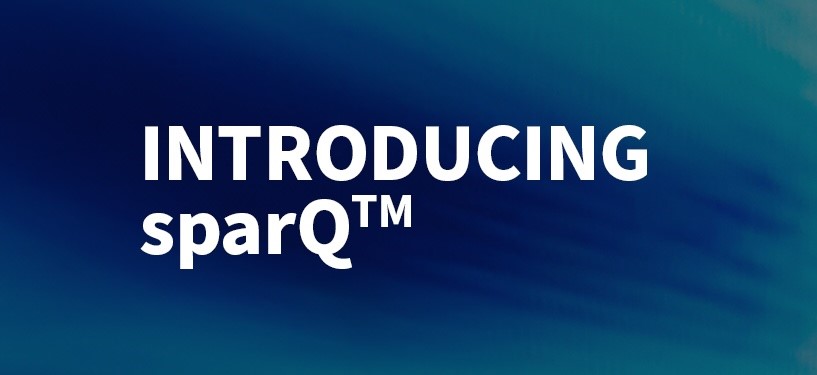If you’ve been following my blog series on leadership learnings from the book “Ride of a Lifetime” by Bob Iger, you’ll know that I’ve previously discussed the importance of prioritizing integrity and innovation as a leader. For the third part of this series, I want to dive into the importance of building strong relationships and accountability.
These two traits can come in many forms — whether in your personal or professional life — and while it’s important to build strong relationships and maintain accountability across both areas, for the purposes of this blog I’m going to focus on doing so at work. I am a firm believer that leading with accountability, integrity, and kindness helps facilitate trust in the workplace — something that has been lacking in some organizations during the pandemic, but it is more critical than ever. Even before the pandemic, I have always been a firm believer that building rapport, promoting work life balance, and making accommodations for people when they’re struggling is an important part of building trust and creating an environment where, when things get tough, you have earned the right to ask people to come together as a team to overcome difficult business challenges. The past 18 plus months of remote and hybrid work has put executive and employee relationships to the ultimate test, and as many organizations face talent shortages due to the current Great Resignation, leaders must address these gaps in order to retain and attract key talent.
And as simple as it sounds, building strong relationships and accountability are a large part of this solution. Here are my reflections on these two essential leadership traits.
Relationship Building is Key
I’ve always aspired to be kind and empathetic in every aspect of my professional life. Being empathetic, inclusive, and doing what’s right can have a long-standing impact on establishing a company’s integrity and relationships. On a more personal level, every day I think about how I can boost my colleagues up and be a catalyst for change, whether that’s helping a coworker reach a goal of theirs or giving someone an extra confidence boost. At the end of the day, empowering your teams in this way helps spread positivity and form a strong work environment, ultimately creating an environment conducive to top performance and productivity.
This has continued to ring true since the onset of the pandemic. And as a leader, there has not been a more relevant time to first, make sure you are doing what’s needed to create a productive and positive environment for employees, and second, empower new employees. This second factor is especially important as employees who were hired remotely can struggle with feeling connected to their new company and colleagues. It’s vital that we create an environment where people can gel as a team regardless of how new they are to the company or their location, so that we can do great work and retain key talent.
A large part of this is listening to employees to get a sense of their needs. A few key questions to ask are 1) What has changed since the last time we spoke?, 2) What else can I be doing to support you right now?, and 3) Is there anything else that our company should be doing? Making sure that your employees feel heard and prioritized has never been more critical.
Accountability Counts
When it comes to accountability as a leader and organization, at the end of the day it’s all about walking the walk/leading by example, creating clear goals that accrue to the business objectives, and following through on your promises. If you fail at any of these things, you risk losing your colleague’s respect, trust and creating confusion around priorities, which many organizations cannot afford right now. It’s also important to note that accountability is a two way street. Yes, it begins with the leader, but if coworkers also don’t demonstrate accountability, the circle of trust is broken. T
The balance between accountability and trust is a delicate one. Trust is one of the most important factors in an employee relationship. I like to think that when colleagues trust one another and connect as a team, the impossible is possible. But when they second guess, micromanage, and distrust one another to get things done well, productivity and morale drops. It’s up to leaders to lead by example and demonstrate accountability on a daily basis to avoid this.
As businesses continue to navigate the future of work and face ongoing business disruption, these qualities will only become more important as organizations try to maintain business continuity and remain competitive in their markets. Stay tuned for my next blog in the series on strategy and planning.
___
This post was originally published on the Fuze blog.



